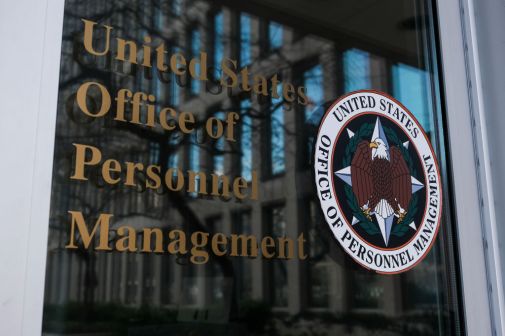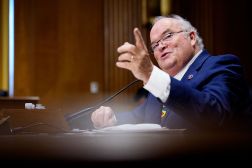Tony Scott welcomes unsolicited IT proposals from industry
WILLIAMSBURG, Va. — Tony Scott is fed up with the overly prescriptive federal IT procurement process.
After serving as the U.S. CIO for the past 21 months, Scott said Tuesday at ACT-IAC’s Executive Leadership Conference “the really terrible way we deal with — or don’t deal with — unsolicited proposals” is one of the “things that still bugs the heck out of me that I would like to see change.”
“The notion that somebody in either an IT or procurement organization in government is going to think of the best way to do something and is then going to put out [a request for proposals], and that’s going to generate the best ways for us to approach any problem I think is a silly notion,” said Scott, who received ACT-IAC’s Leadership Award at the conference.
Rather, Scott called on agencies to work bi-directionally with “the private sector and entrepreneurial-thinking folks in the public sector” rather than always defining requirements and a perceived solution to a technical problem — an idea well received by the audience comprised of mostly industry representatives.
“Put all of those together and let the best ideas generate what we do,” he said.
Scott said his team at the Office of Management and Budget has been “thinking creatively about how we can make that happen,” calling it “the single biggest barrier” to effective IT procurement. And once all parties have collaborated on the best viable solution, ” then I think you can sort out what part of that should be public, what part of it is private sector resources,” he said.
But he doesn’t really see much of a place for government to actually build out its own systems, especially in the cloud era that demands scale and speed.
“If you think about the journey to the cloud and what that’s going to look like over time, you’re going to see more and more large-scale services being leveraged, and I don’t see the government building most of those large-scale services that are going to be leveraged,” Scott said. “I think you’re seeing more and more and more of that private sector, with the right security and everything else, being leveraged by the public sector. I think it’s going to be an inevitable march toward more private sector engagement.”






